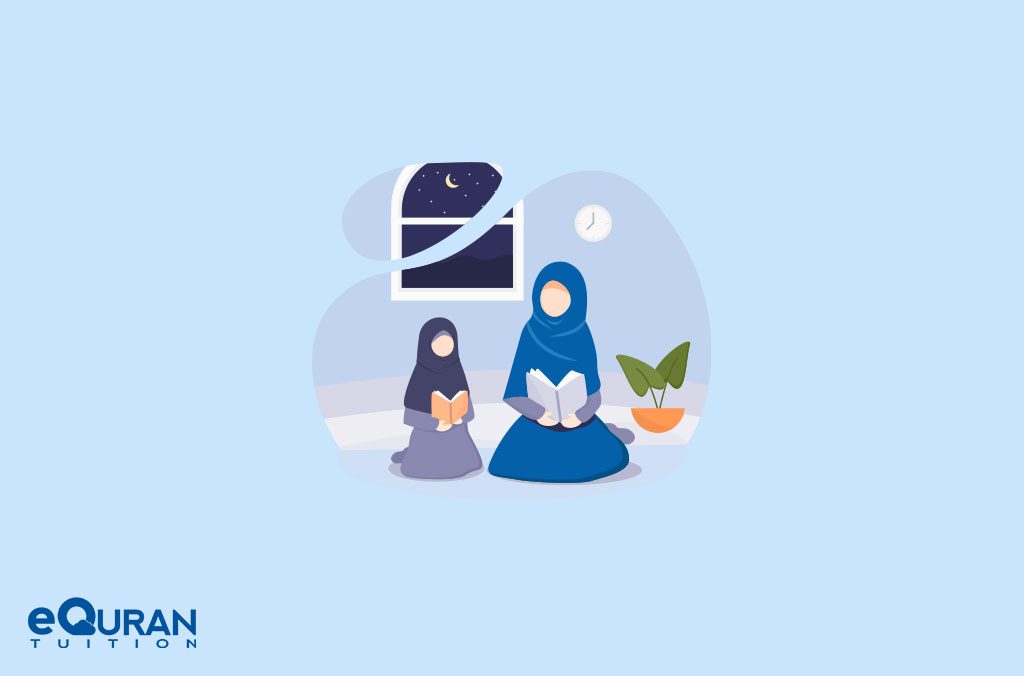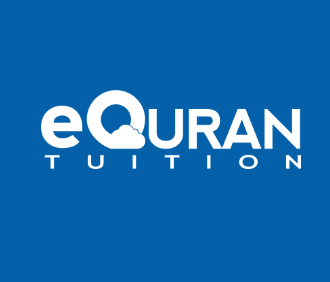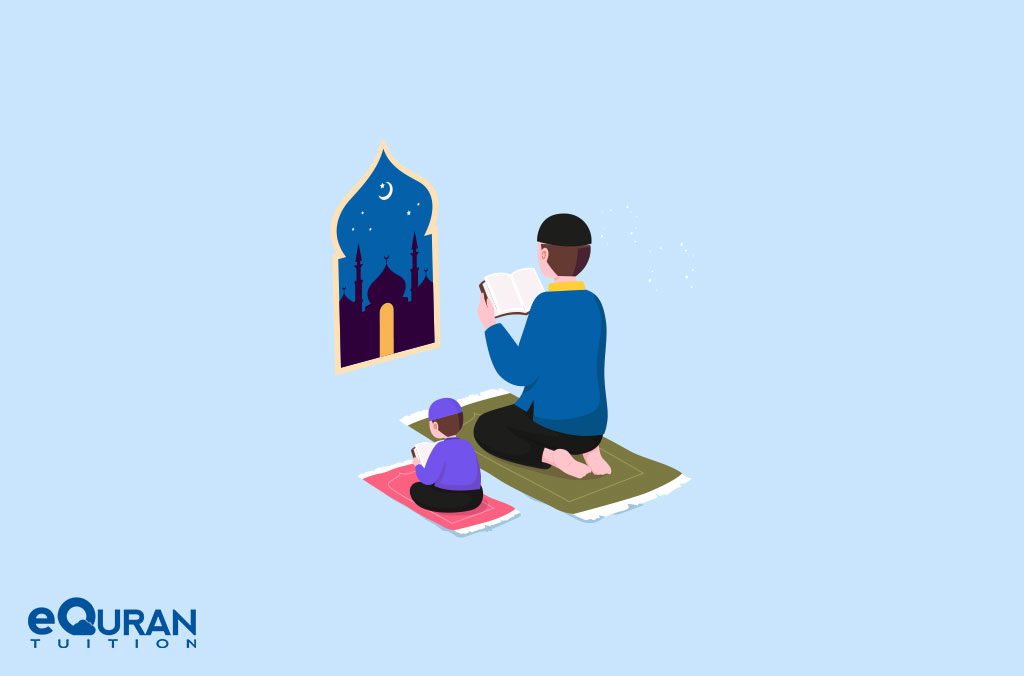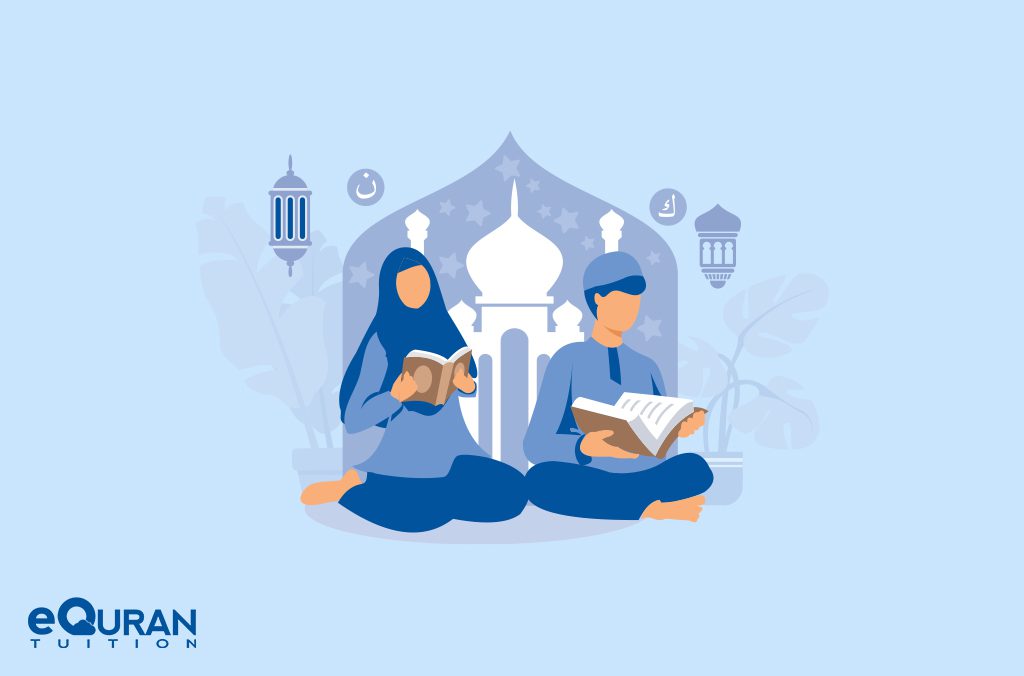
The Holy Quran, the sacred scripture of Islam, is a comprehensive guide for the beliefs, practices, and moral principles that govern the lives of Muslims. Among the various aspects of life addressed by the Quran, the importance of education, particularly women’s education, holds a significant place.
In this blog, we will explore what the Holy Quran says about women’s education and the profound wisdom it imparts in this regard.
12 Quranic Perspective on Women’s Education
Explore the Quran’s empowering perspective on women’s education and knowledge.
1. Equality in Learning
The Quran unequivocally promotes the idea of equality in education for both men and women. In Surah Al-Tawbah (9:71), it is stated, “The believing men and believing women are allies of one another. They enjoin what is right and forbid what is wrong.”
This verse underscores the equal responsibility of both genders in seeking knowledge and upholding moral values.
2. Encouragement to Seek Knowledge
The Quran encourages the pursuit of knowledge for all individuals, irrespective of gender. In Surah Al-Zumar (39:9), Allah commands, “Are those who know equal to those who do not know?”
This verse emphasizes the elevated status of those who seek knowledge. Education is not confined to a particular gender but is a duty for all believers.
3. The Story of Maryam (Mary)
The Holy Quran narrates the story of Maryam (Mary), the mother of Jesus (peace be upon them), as a symbol of knowledge and piety. Maryam is described as a devout worshipper who sought knowledge and spiritual growth.
Her dedication to education is a testament to the importance of learning for women in Islam.
4. Importance of Wisdom and Understanding
The Quran repeatedly emphasizes the significance of wisdom and understanding. In Surah Al-Baqarah (2:269), it states, “He grants wisdom to whom He pleases, and whoever is granted wisdom is indeed given a great wealth.”
The acquisition of knowledge and wisdom is not gender-specific; it is a means to enrich one’s life and society.
5. Respect for Educated Women
The Holy Quran encourages respect and honor for educated women. In Surah Al-Ahzab (33:35), Allah says,
“For Muslim men and women, for believing men and women, for devout men and women, for true men and women, for men and women who are patient and constant, for men and women who humble themselves, for men and women who give in charity, for men and women who fast, for men and women who guard their chastity, and for men and women who engage much in Allah’s praise—for them Allah has prepared forgiveness and a great reward.”
This verse acknowledges the contributions of educated women in society.
6. Teaching the Younger Generation
The Quran emphasizes the role of women in educating the younger generation. In Surah Al-Tahrim (66:12), narrates the story of the wife of Pharaoh, who protected and nurtured Moses (peace be upon him).
This story exemplifies the influential role of women in shaping the future through education.
7. Preservation of Knowledge
The Quran recognizes the role of women as the preservers of knowledge and moral values within the family. In Surah Al-Nahl (16:97), it says, “Whoever does righteousness, whether male or female, while he is a believer—we will surely cause him to live a good life, and We will surely give them their reward in the Hereafter according to the best of what they used to do.”
This verse highlights the importance of educating women to ensure the transmission of ethical principles to future generations
8. Seeking Knowledge as an Act of Worship
Islam views seeking knowledge as an act of worship. The Quran encourages women to engage in this form of worship actively. In Surah Al-Mujadila (58:11), it mentions, “Allah will raise those who have believed among you and those who were given knowledge, by degrees.”
This verse signifies that knowledge is a source of elevation in both spirituality and societal standing for women.
9. The Prophet’s Respect for Women’s Education
The Holy Quran’s teachings are further exemplified through the actions of the Prophet Muhammad (peace be upon him). He held a deep respect for educated women, such as his wife Khadijah (may Allah be pleased with her), who was a successful businesswoman and a woman of knowledge.
The Prophet’s conduct underscores the Quranic message of valuing and supporting women in their educational pursuits.
10. Empowering Women through Education
Surah Al-Hujurat (49:13) reminds believers, “O mankind, indeed We have created you from male and female and made you peoples and tribes that you may know one another.” Education is a means to bridge divides and promote understanding among diverse communities.
Empowering women through education is vital to achieving this unity and fostering a harmonious society.
11. The Quranic Concept of Iqra (Read)
The Quran’s first revelation to the Prophet Muhammad (peace be upon him) began with the word “Iqra” (Read). This divine commandment signifies the paramount importance of reading, learning, and acquiring knowledge.
It is a universal message applicable to both men and women, emphasizing that education is the foundation of faith and understanding.
12. Education for a Just Society
Ultimately, the Holy Quran promotes the idea that education is a means to establish a just and equitable society. In Surah Al-Hadid (57:25), it states, “We sent aforetime our messengers with clear signs and sent down with them the Book and the Balance, that people may stand forth in justice.”
Educated women play a pivotal role in the pursuit of justice, equality, and righteousness in society, aligning with the Quran’s ultimate vision for humanity.
Conclusion:
In conclusion, the Holy Quran’s teachings regarding women’s education are clear and unequivocal. It emphasizes quality in learning for ladies, encourages the pursuit of knowledge for all individuals, and presents inspiring examples of educated women like Maryam (Mary) and the wife of Fir’aun (Pharaoh).
In a world that increasingly recognizes the significance of women’s education, the Quran’s timeless wisdom continues to guide and inspire believers toward the path of enlightenment and progress.
FAQs:
Q: Is education encouraged for women in Islam?
Yes, education is strongly encouraged for both men and women in Islam. The Quran emphasizes the pursuit of knowledge as a religious duty. Surah Al-Zumar (39:9) states, “Say, ‘Are those who know equal to those who do not know?'” This verse underscores the importance of seeking knowledge, regardless of gender.
Q: Are there any limitations on women’s education in Islam?
Islam does not inherently limit women’s education. However, cultural interpretations and practices may sometimes restrict women’s access to education. It’s crucial to differentiate between cultural norms and true Islamic teachings, as Islam promotes education for all, regardless of gender.
Q: Can women become scholars and teachers in Islamic studies?
Women can become scholars and teachers in Islamic studies. Throughout Islamic history, there have been prominent female scholars and teachers. Aisha, the wife of Prophet Muhammad, is one example. She is renowned for her knowledge and scholarly contributions.
Contemporary female scholars also continue to make significant contributions to Islamic scholarship.
Q: What is the Islamic perspective on co-education?
Islam promotes modesty and the avoidance of unnecessary mixing of unrelated men and women. However, co-education is not inherently prohibited in Islam, as long as it adheres to Islamic principles of modesty and respect for each other’s boundaries.
Many Muslim-majority countries have co-educational institutions with measures to maintain a respectful and modest environment.
Q: Are there any specific teachings in the Quran about women’s education?
While the Quran doesn’t provide specific teachings on women’s education, it contains general principles of seeking knowledge, which apply to both genders. As mentioned earlier, Surah Al-Zumar (39:9) emphasizes the importance of knowledge.

eQuran Tuition is your trusted online institute in the US for expert Quran learning with Tajweed, connecting you with experienced Quran tutors for a meaningful Quranic journey.




